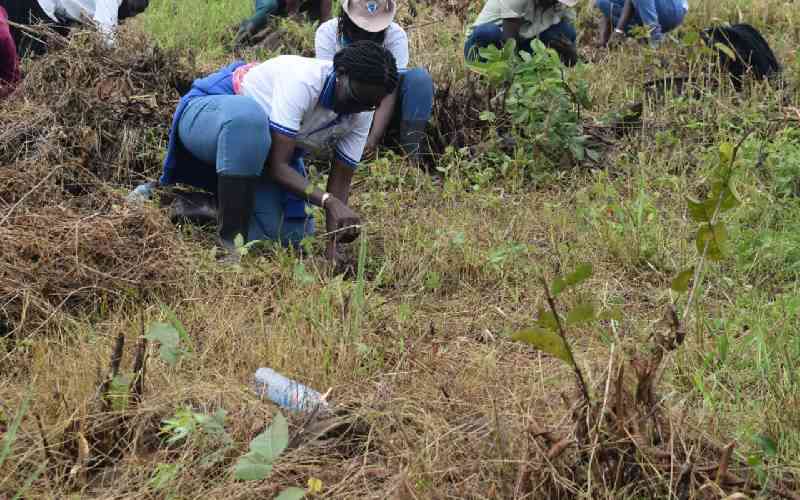Stakeholders in Lagos State have called for stronger collaborations and strategic investments in agroecology to combat the rise of food-related diseases and promote healthier and more sustainable food systems.
The call was made during a stakeholder engagement organized by the Inspired Youth Network (IYN), in partnership with ActionAid Nigeria, under the Strategic Partnership Agreement II (SPA II) project.
“Research has shown that these chemicals not only contaminate our food but also our water bodies,” said Friday Ogezi, Climate Justice Advisor at ActionAid Nigeria, adding, “If they are deadly to aquatic life, how much more harmful are they to humans? We must begin to pay attention to what we eat and how it’s produced.”
Ogezi added that while agroecology has been widely discussed, real progress cannot be achieved without building strong networks between producers and consumers.
“Agroecology must be more than talk. We need movements—especially of young people and women—who will drive this change. If we approach agroecology with a market-driven mindset, we can attract wider interest and behavioral change,” he said.
Blessing Ifemenam, Program Advisor for SPA II at ActionAid Nigeria, said the organization’s focus includes increasing funding and pushing for policies that protect the rights of women and young people in the agriculture sector.
“Young people should be at the forefront of this movement. We want to see more inclusion, more awareness, and more investment in agroecology,” she said.
Prof. Oluwakemi Irekhore, a professor of animal nutrition at the Federal University of Agriculture, Abeokuta, gave a personal account, noting how she lost two family members to cancer and has witnessed young people fall victim to diseases once rare in Nigeria.
Representing the Lagos State Commissioner for Agriculture, Dr. Adewunmi Ade expressed the ministry’s willingness to support agroecological efforts.
He pointed to initiatives like the Ounje Eko scheme and ongoing work on food hubs in areas like Mushin, where locally produced food can be sold to the public.










